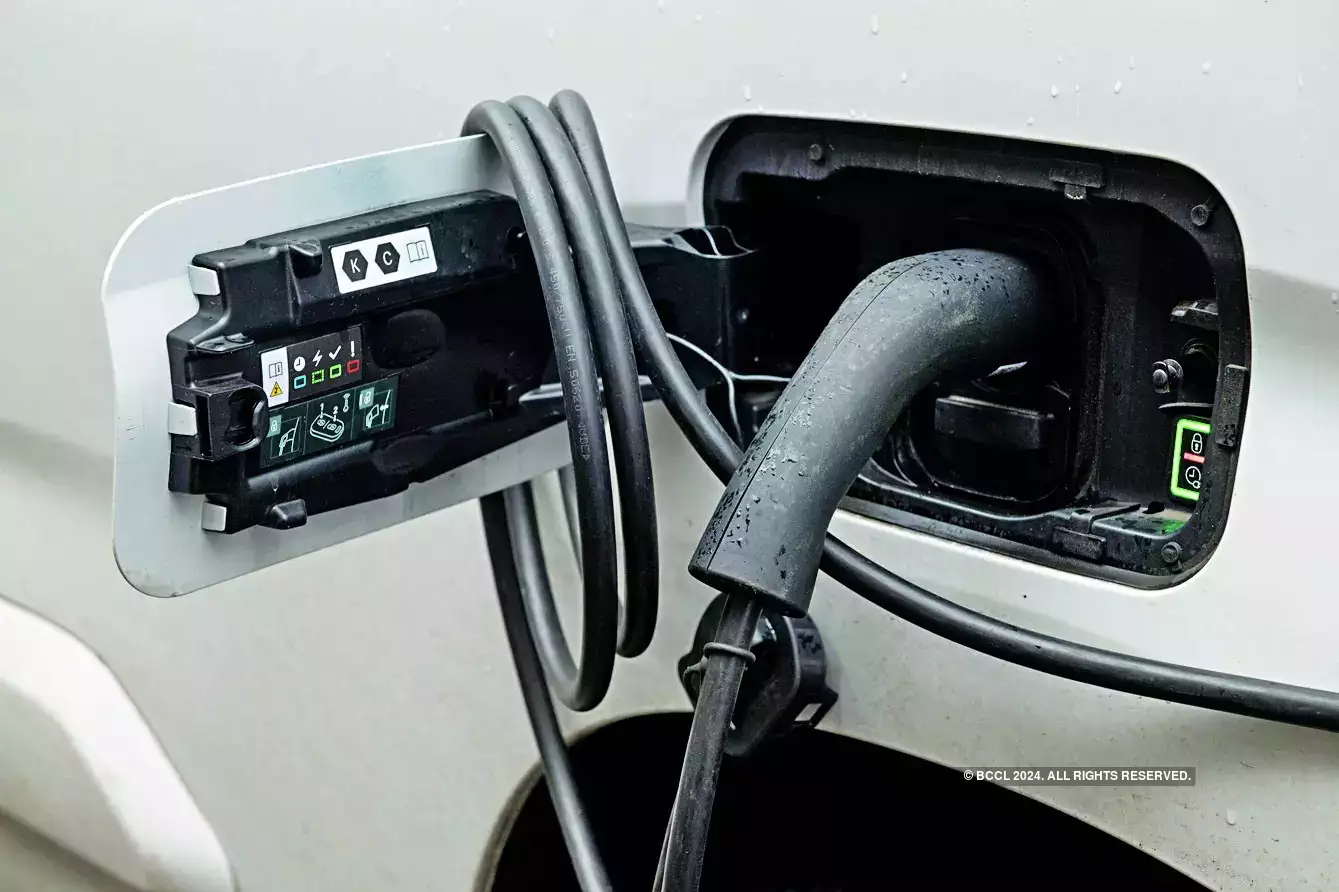 China targets EU brandy in EV tariff vote tit-for-tat
China targets EU brandy in EV tariff vote tit-for-tat China imposed temporary anti-dumping measures on imports of brandy from the EU on Tuesday, hitting French brands including Hennessy and Remy Martin, days after the 27-state bloc voted for tariffs on Chinese-made electric vehicles (EVs).
China's commerce ministry said that an investigation had preliminarily determined that dumping of brandy from the European Union threatens "substantial damage" to its own sector.
And in a hint that there could be more to come, the Chinese ministry said in a statement that its ongoing anti-dumping and anti-subsidy investigation into EU pork products would make "objective and fair" decisions when it concludes.
It also said that it was considering a hike in tariffs on imports of large-engine vehicles, which would hit German producers hardest. German exports of vehicles with engines of 2.5 litres or larger to China reached $1.2 billion last year.
As of Oct. 11, importers of brandy originating in the EU will have to put down security deposits mostly ranging from 34.8% to 39.0% of the import value, the ministry said.
France was seen as the target of Beijing's brandy probe due to its support of tariffs on China-made EVs. French brandy shipments to China reached $1.7 billion last year and accounted for 99% of the country's imports of the spirit.
"This announcement clearly shows that China is determined to tax us in response to European decisions on Chinese electric vehicles," French cognac producers group BNIC said in an emailed response to Reuters, adding that everything must be done to avoid duties being implemented.
French President Emmanuel Macron told a conference in Berlin last week that China's brandy investigation was without basis, while EV tariffs were needed to preserve a level playing field, describing Beijing's probe as "pure retaliation".
The EU Commission did not immediately respond to a request for comment.
SHARES TUMBLE
LVMH owned Hennessy and Remy Martin were among the brands hardest hit by the measures, with importers having to pay security deposits of 39.0% and 38.1%, respectively.
The deposits would make it more costly upfront to import brandy from the EU. However they could be returned if a deal is eventually reached before definitive tariffs are imposed.
Shares in Pernod Ricard were down 4.2% at 0839 GMT, while Remy Cointreau's dropped 8.7% and shares in LVMH, owner of Hennessy, fell 4.9%.
Companies that cooperated in China's investigation were hit with security deposit rates of 34.8%, with the rate imposed on Martell the lowest at 30.6%.
Pernod Ricard, Remy Cointreau and LVMH did not immediately respond to requests for comment.
The measures could mean a 20% price rise for consumers in China, said Jefferies analysts, reducing sales volumes by 20%.
Remy, with the greatest exposure to the Chinese market, could see its sales decline by 6%, with Pernod group sales seeing a 1.6% impact, they said.
Luxury goods shares fell by as much as 7% on Tuesday, with one trader attributing this to fears that the sector, which is heavily reliant on China, could be next to see trade measures.
The brandy measures came on the heels of a vote by the EU to adopt tariffs on China-made EVs by the end of October.
Before the vote in late August, China had suspended its planned anti-dumping measures on EU brandy, in an apparent goodwill gesture, despite determining that EU brandy had been sold in China at below-market prices.
At the time, the commerce ministry said its probe would end before Jan. 5, 2025, but that it could be extended.
China's commerce ministry previously said it had found that European distillers had been selling brandy in its 1.4 billion-strong consumer market at a dumping margin in the range of 30.6% to 39% and that its domestic industry had been damaged.
In the EU's decision to impose tariffs on China-made EVs, the bloc set tariff rates ranging from 7.8% for Tesla to 35.3% for SAIC and other producers deemed not to have cooperated with its investigation. These are on top of the 10% car import duty.
The European Commission has said it is willing to continue negotiating an alternative, even after tariffs are imposed.
